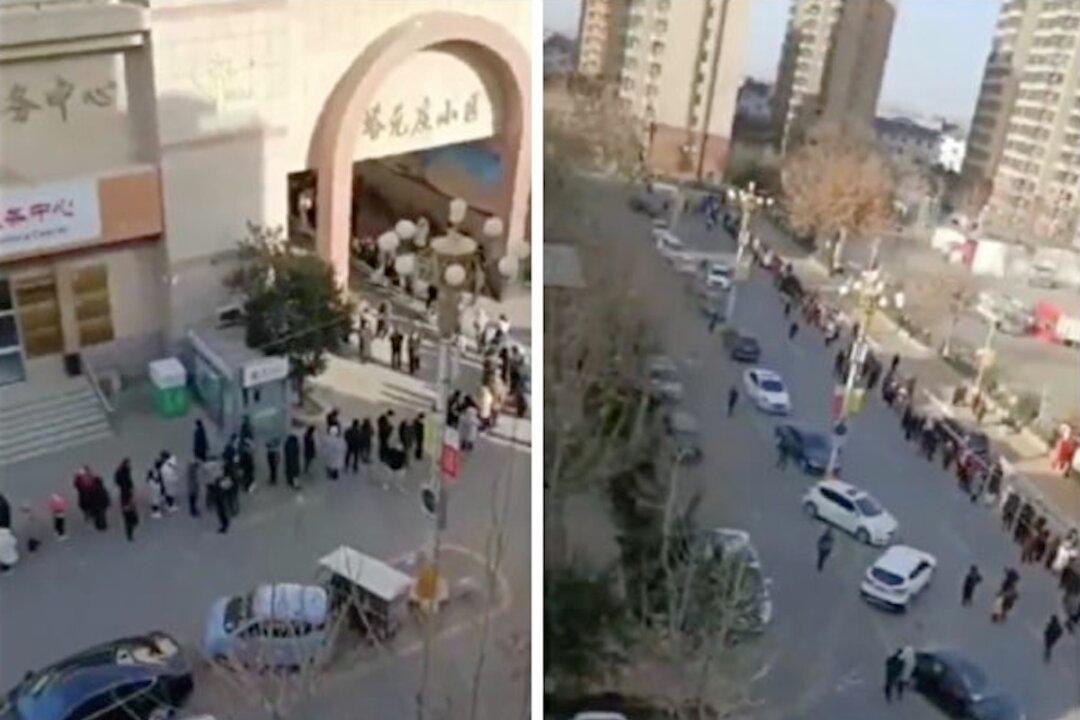Around 20,000 people in Shijiazhuang, the provincial capital of Hebei, have been relocated to other areas for quarantine. Local authorities recently admitted that the latest CCP virus outbreak began spreading in the city nearly a month earlier than they had previously reported. Meanwhile, the outbreak has spread to Qiqihar, the second largest city in Heilongjiang Province, which caused an entire district to be locked down.
The new wave of the COVID-19 outbreak, a disease caused by the CCP (Chinese Communist Party) virus, in Shijiazhuang was concentrated in Zengcun township of Gaocheng district, and has spread to other parts of China.




